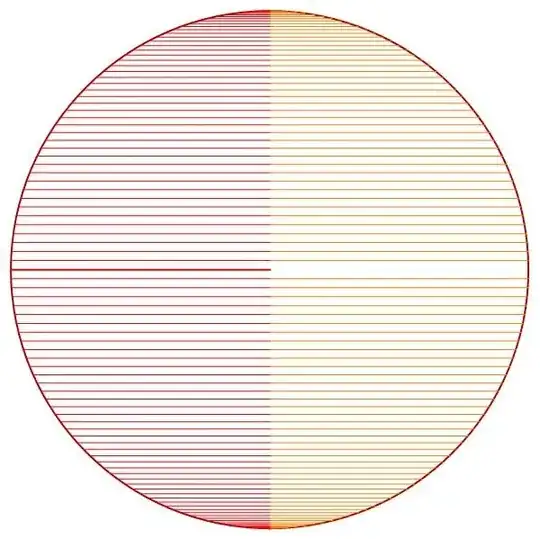The answer is $-1$.
My solution uses vector addition (equivalently, complex number addition).
Think of $\cos n^\circ$ as the $x$-coordinate of the point $(\cos n^\circ,\sin n^\circ)$, the point $n$ degrees along the circle. The sum:
$$\sum_{n=0}^{359}(\cos n^\circ,\sin n^\circ)$$
is, therefore, the sum of the vertices of a regular $360$-gon centered at the origin. (Notice that it begins at $n=0$, not $n=1$.)
This sum doesn't change when you rotate it by $1^\circ$ around the origin, since rotating a $360$-gon by $1^\circ$ doesn't change it, and since rotation around the origin is a linear map (the rotation of the sum is the sum of the rotations). The only vector that doesn't change when you rotate it around the origin is the origin itself, $(0,0)$. Therefore, the above sum equals $(0,0)$.
Looking at the $x$-coordinate, we get:
\begin{align}
0&=\cos0^\circ+\cos1^\circ+\dotsb+\cos359^\circ\\
-\cos0^\circ&= \phantom{\cos0^\circ+{}\!}\cos1^\circ+\dotsb+\cos359^\circ\\
-1&= \phantom{\cos0^\circ+{}\!}\cos1^\circ+\dotsb+\cos359^\circ\\
\end{align}
